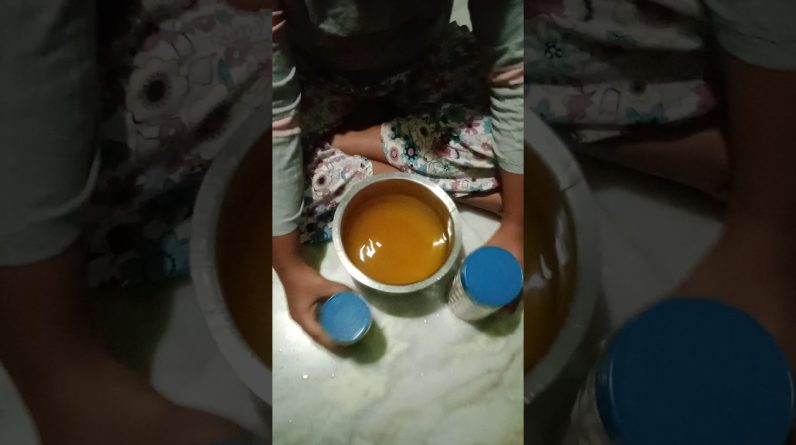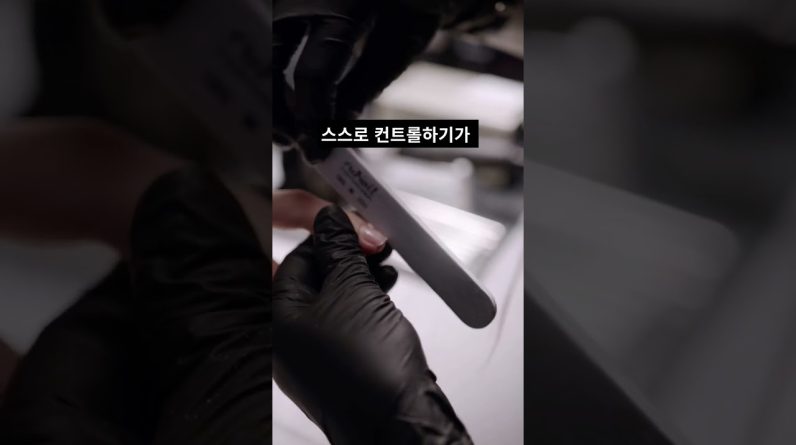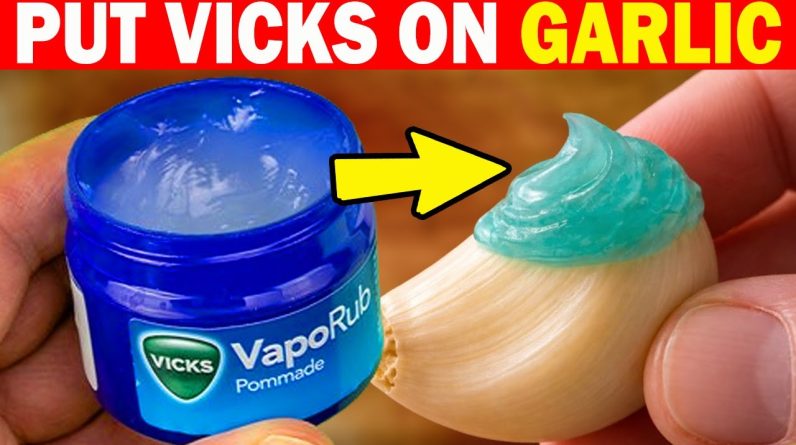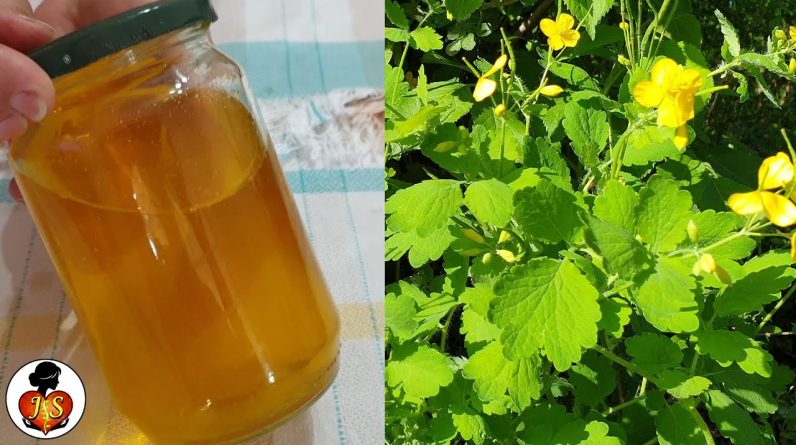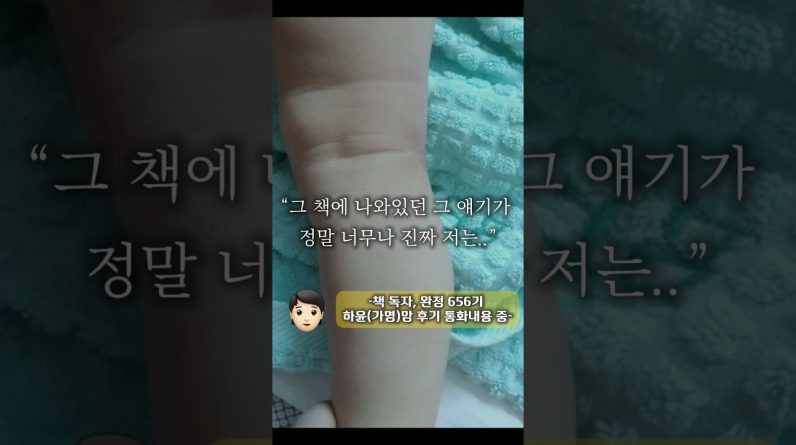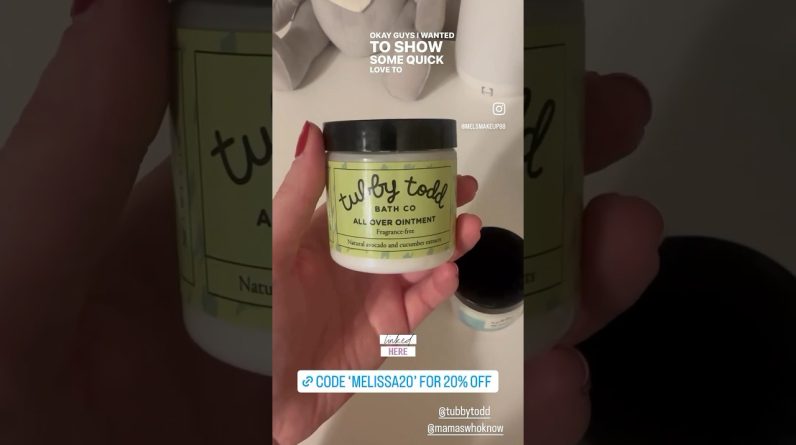#Exercise and a proper #diet can improve #circulation in your #legs. Buy Flavonoids (150 mg #diosmin, 150 mg #hesperidin, 150mg #horsechestnut ) on #Amazon
Buy #Flavonoids on #Amazon US with 50% #discount
#Flavonoids #UK
#Venalex in #UK
#Flavonoids in #UK (150 mg diosmin + 150 mg hesperidin + 150 mg horse chestnut)
#Venalex in #France
Preventing chronic venous insufficiency, heavy legs disease, varicose veins and hemorrhoids is a process that you should start as soon as possible. A sedentary lifestyle, working on a computer, sitting for many hours can cause varicose veins. Improper diet is also the cause of venous diseases. How to prevent chronic venous insufficiency? Use diosmin, isperidine and horse chestnut. The flavonoids contained in Venalex and Flavonoids help maintain proper circulation in the legs.
wikipedia
Diosmin (diosmetin 7-O-rutinoside), a flavone glycoside of diosmetin, is manufactured from citrus fruit peels as a phlebotonic non-prescription dietary supplement used to aid treatment of hemorrhoids or chronic venous diseases, mainly of the legs.
Diosmin is a dietary supplement used to aid treatment of hemorrhoids and venous diseases, i.e., chronic venous insufficiency including spider and varicose veins, leg swelling (edema), stasis dermatitis and venous ulcers.[1] The mechanism of action of Diosmin and other phlebotonics is undefined,[1] and clinical evidence of benefit is limited.[1] Diosmin is not recommended for treating the rectal mucosa, skin irritations, or wounds, and should not be used to treat dermatitis, eczema, or urticaria.[1] Diosmin is not recommended for use in children or women during pregnancy.[1] There is moderate-quality evidence that diosmin or other phlebotonics improved leg and ankle swelling and lower leg pain,[2] and low-quality evidence for treating hemorrhoids.[1][3]
Diosmin is included among a small class of agents called “phlebotonics” having heterogeneous composition and consisting partly of citrus peel extracts (flavonoids, such as hesperidin) and synthetic compounds, which are used to treat chronic venous insufficiency or hemorrhoids.[1]
In 2017, the American Working Group in Chronic Venous Disease recommended use of micronized purified flavonoid fraction (diosmiplex) as a medical food for chronic venous disease symptoms and venous ulcers, having “beneficial outcomes without serious adverse events”, alone or combined with compression therapy, concurring with the previous guidance of the International European Society for Vascular Surgery.[4] The German Dermatological Society indicated that Diosmin may be used with other treatments for symptoms of chronic venous diseases.[5]
The American Society of Colon and Rectal Surgeons mentions phlebotonics as a possible treatment for symptoms of hemorrhoid grades I to II, as there is only moderate-quality evidence of effectiveness with “expectations of minimal harm”, while having no evidence of long-term benefit.[3][6] French,[7][8] Indian,[9] Portuguese,[10] and Italian[11] professional societies of coloproctology issued similar recommendations regarding phlebotonics for hemorrhoids.
Diosmin is distributed in the U.S. as a dietary supplement called Daflon.[1] Diosmin is not approved as a prescription drug in the United States or Europe.[1] Phlebotonics are not approved in Germany,[5] and are restricted in Spain only for the treatment of chronic venous diseases.[14]
Venalex is used to treat chronic functional or structural venous insufficiency of the lower limbs. Lymphedema. It is also used for treatment of hemorrhoids and ailments caused by pressure ulcers. No results of clinical trials have been published. Venalax is not approved by the FDA.
Venalex is usually very well tolerated by the body and very rare side effects associated with its use.[citation needed] Some side effects include allergic reactions and/or mild burning or stinging where the ointment is applied.[1]
more information is on wikipedia
www.venalex.pl
source



